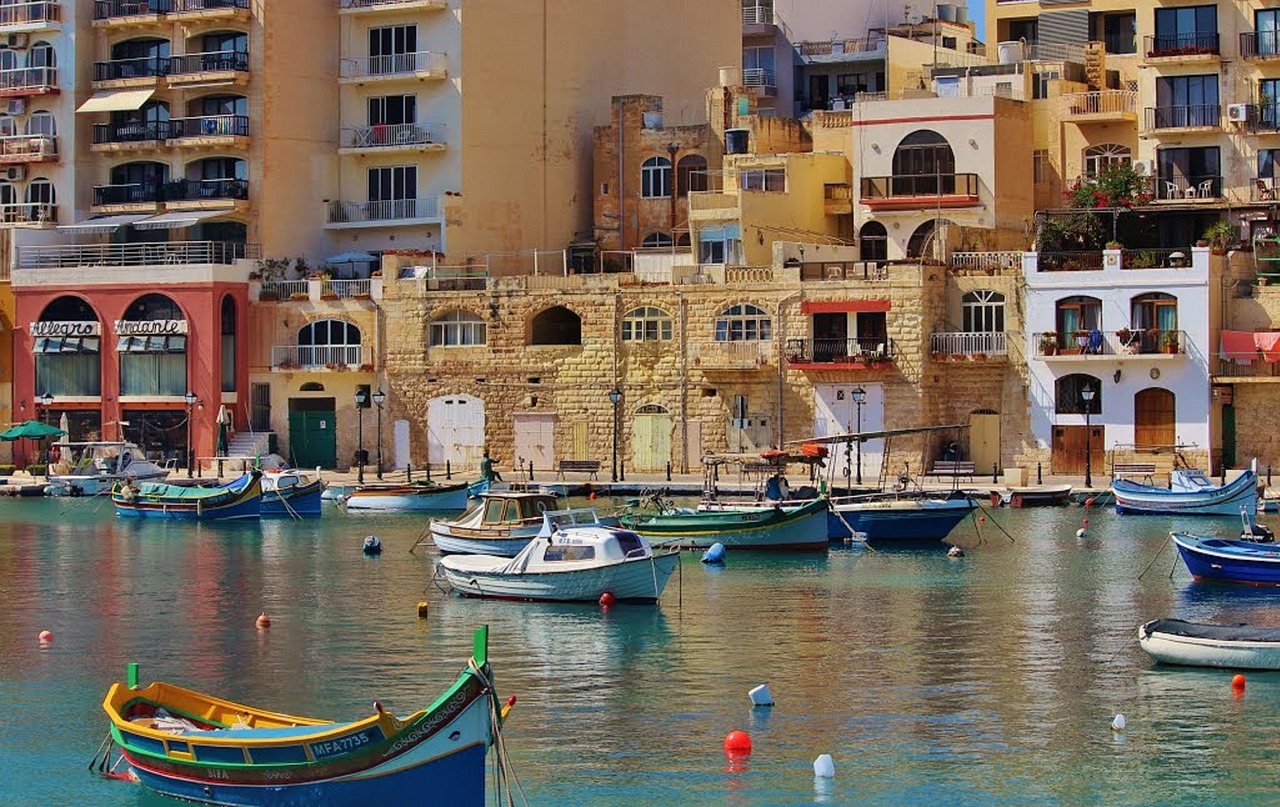Malta is home to some of the world’s most beautiful historic sites; now, it’s setting itself up to be the world’s cryptocurrency hub.
In early July 2018, the Parliament of Malta effectively enacted three bills into law that provided legal certainty for cryptocurrency. Some of the country’s leading voices plan to address the new legislation at this year’s Malta Blockchain Summit in November.
Even Malta’s Prime Minister Joseph Muscat will attend the summit as its keynote speaker. Muscat has already shared some positive sentiments on cryptocurrency, providing this statement for the summit:
“I understand that regulators are wary of this technology but the fact is that it’s coming. We must be on the frontline in embracing this crucial innovation, and we cannot just wait for others to take action and copy them. We must be the ones that others copy.”
It cannot be overstated what a big deal it is that a state leader would issue a statement like this about cryptocurrency.
But how serious are Muscat and other Maltese officials about their legislation? Are they making a serious effort to be a cryptocurrency-friendly country, or is this legislation just symbolic? Is Malta an early adopter of what will soon be a worldwide trend?
Let’s take a look at the specifics of Malta’s new laws and the possible ramifications of the legislation.
How Rigorous Are The New Laws in Malta?
So how rigorous are Malta’s new laws?
As we said earlier, the country’s legislative body effectively enacted three bills into law. Those three bills are the Malta Digital Innovation Authority Act, the Innovative Technological Arrangement and Services Act, and the Virtual Financial Assets Act.
What, though, do these laws regulate? Let’s take a closer look at each individual bill’s purpose, as written by the Parliament of Maltese:
The Malta Digital Innovation Authority Act
The object of this Bill is to provide for the establishment of an Authority to be known as the Malta Digital Innovation Authority, to support the development and implementation of the guiding principles described in this Act and to promote consistent principles for the development of visions, skills, and other qualities relating to technology innovation…
In other words, this bill establishes an industry-specific governing body. That body, the Malta Digital Innovation Authority, is tasked with creating guidelines and ensuring that those principles are the foundation of any technological innovation.
The Innovative Technological Arrangement and Services Act
The object of this Bill is to provide for the regulation of designated innovative technology arrangements referred to in the Bill, as well as of designated innovative technology services referred to in the Bill, and for the exercise by or on behalf of the Malta Digital Innovation Authority of regulatory functions with regard thereto.
This bill grants the Malta Digital Innovation Authority the power to regulate innovative technology arrangements and services.
The Virtual Financial Assets Act
The objects of this Bill are to regulate the field of Initial Virtual Financial Asset Offerings and Virtual Financial Assets and to make provision for other matters ancillary or incidental thereto or connected therewith.
The final bill gives the Maltese government the power to regulate coin offerings and cryptocurrencies. It also gives the government the authority to handle incidental or ancillary matters that are connected with coin offerings and cryptocurrencies, a power that’s somewhat vague.
All in all, Maltese officials appear to be serious about establishing country-wide standards for cryptocurrency. They’ve created an entire legislative body just to create cryptocurrency-related legislation and regulate the industry.
But Are These Laws Good For The Industry?
Now that we’ve taken a closer look at these laws, let’s consider whether they are good for the cryptocurrency industry. We’ll start by thinking about what the establishment of an industry-specific legislative body symbolizes.
Many countries are currently “hostile” to cryptocurrency. Some of their leading voices have gone so far as to question cryptocurrency’s legitimacy. Others have placed strict regulations on the industry. South Korea, for example, recently decided to regulate its cryptocurrency exchanges like banks.
The Maltese solution is a far cry from the hostile approaches of other countries. Its new legislation is an attempt to welcome cryptocurrency with open arms and provide favorable conditions which allow the industry to thrive. Muscat’s statement, which urges the country to embrace crucial innovation, indicates as much.
Still, some of you might be wondering whether more regulation is a good thing.
In this case, yes.
The country’s government has only established a legislative body that aims to embrace the cryptocurrency industry. Unlike other countries’ legislative bodies, the Malta Digital Innovation Authority isn’t trying to restrict the industry’s growth.
Why Other Countries Should Take A Page From Malta’s Book
Malta’s cryptocurrency-friendly legislation has already attracted several cryptocurrency businesses. Some cryptocurrency exchanges, for example, recently set up operations on the island because of its proactive engagement with cryptocurrency. Some of these exchanges include BitBay and Binance.
It seems undeniable that Malta’s progressive approach has been good for business. In other words, its status as a cryptocurrency-friendly nation has clearly given it a competitive edge over other countries.
For this reason alone, other countries should take a page from Malta’s book.
In a way, the battle to become the cryptocurrency capital has already begun here in the states. Wyoming, for instance, has already taken steps towards becoming America’s cryptocurrency hub. In March 2018, the state’s governor signed legislation that made limited liability corporation laws more amicable to blockchain companies.
And the state’s efforts have paid off.
Wyoming has seen an increase in the number of cryptocurrency companies opting to do business in the state. Some two or three cryptocurrency companies have registered there every single day since March. Wyoming has become the American Malta for entrepreneurs in the States.
Doing As The Maltese Do
Malta’s commitment to embracing cryptocurrency has shown us that creating friendly environments for cryptocurrency companies makes countries more competitive places to do business. The Maltese Prime Minister is setting his country up for success.
Other countries should watch closely and consider replicating the Maltese legislation which establishes an industry-specific regulatory group. Perhaps the U.S. can devise its own self-regulatory cryptocurrency group one day.
In the meantime, cryptocurrency startups will continue to look towards Maltese shores, all the while hoping that the rest of the world eventually catches up with the island.




